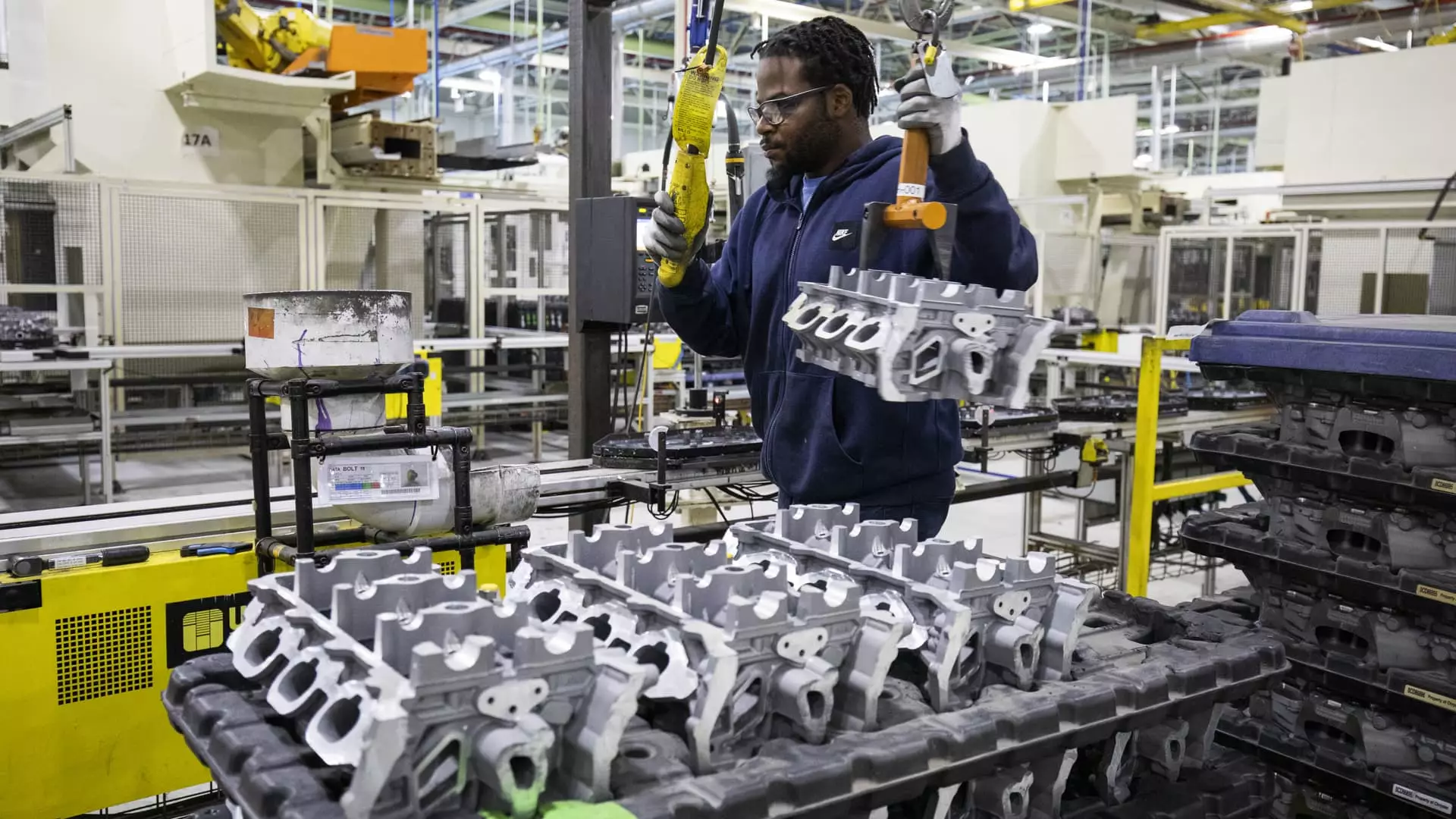In a remarkable display of solidarity, six major automotive policy organizations have come together to voice their concerns regarding the impending 25% tariffs on auto parts slated to take effect by May 3. This is not a typical occurrence in an industry renowned for its competitive and sometimes fragmented nature. Representing franchised dealers, suppliers, and an overwhelming majority of the U.S. automakers, these groups sent a letter to key Trump administration officials expressing that the tariffs pose a serious threat to the U.S. automotive production landscape. It is an unusual moment rooted in a shared understanding of the economic implications that could follow this aggressive tariff measure.
Auto suppliers, the unsung heroes of the automotive ecosystem, are already facing significant financial strain. The letter highlights a troubling reality: the industry’s foundations are shaky enough as it is, and the proposed levies could send many suppliers spiraling towards bankruptcy. When we dissect this alarming assertion, it becomes clear that the fragility of these suppliers likely stems from a combination of the COVID-19 pandemic repercussions and ongoing supply chain disruptions. The potential for production stoppages, layoffs, and a downward economic spiral is palpable when you consider that the failure of a single supplier can lead to extensive operational halts for larger automakers.
The Broader Economic Fallout
While some might dismiss the letter as mere lobbying rhetoric, the statistics it references cannot be overlooked: the automotive industry accounts for 10 million jobs across all 50 states and contributes around $1.2 trillion to the U.S. economy annually. In a time when the recovery from the pandemic is still in progress, these tariffs could significantly disrupt not only the automotive sector but also the broader economy that it supports. This interdependence underscores the vital role the automotive industry plays, and the need to avoid policies that could cripple it.
Interestingly, the letter’s timing coincides with President Trump’s recent comments suggesting he may be open to revisiting the tariff strategy. The potential for relief is encouraging, although skepticism remains about how swiftly and effectively such changes can be implemented. Given the complexity of global supply chains, it would be naïve to think that simply rolling back tariffs could result in a seamless transition toward a more domestically-sourced automotive landscape. There are logistical hurdles and time constraints that cannot be overlooked.
Supply Chain Complexities and Industry Experts’ Warnings
Industry experts and auto executives alike have been vocal about their apprehensions regarding the tariffs, pinpointing their potential for wreaking havoc on suppliers rather than automakers themselves. The ripple effect could extend well beyond the shop floors of assembly plants, affecting everything from raw material prices to end consumers who may be faced with skyrocketing vehicle prices. The anticipated decrease in vehicle sales by millions of units showcases just how substantial an impact the tariffs could have.
Furthermore, the projected industry costs could exceed $100 billion. As we analyze these numbers, it becomes evident that the financial ramifications are not just a burden for auto manufacturers; they could affect countless jobs that rely on the health of the automotive supply chain. It’s crucial to recognize that while the focus is often on the high-profile automakers, the more vulnerable components of this ecosystem threaten to collapse without adequate support.
A Call for Thoughtful Policy Revisions
The collaborative letter underscores a critical need for a more thoughtful approach to policy that considers the complexities of modern manufacturing and supply chain dynamics. While the principle of promoting domestic manufacturing is commendable, not only must it be pursued with urgency and enthusiasm, but it also requires a realistic understanding of industry capabilities and challenges. Immediate and steep tariffs might have been conceived with good intentions, yet their repercussions could be disastrous for an industry that has long been a cornerstone of American economic vitality.
The auto industry stands at a crossroads, and the decisions made in the coming weeks could have lasting implications. Without collaborative problem-solving and strategic policymaking, the automotive sector risks facing a hardship that could reverberate through the economy for years to come. The question remains whether policymakers will heed the warnings of an industry in distress or continue down a path that might irrevocably alter its trajectory.

